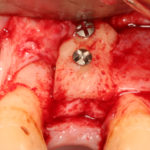
This review of bone augmentation with biomaterials or autogenous bone in the posterior mandible outcomes included 4 small split-mouth studies demonstrating similar were outcomes with both materials.
[read the full story...]
This review of bone augmentation with biomaterials or autogenous bone in the posterior mandible outcomes included 4 small split-mouth studies demonstrating similar were outcomes with both materials.
[read the full story...]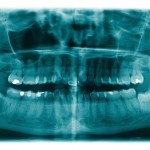
This review of the effectiveness of regenerative periodontal treatment for preventing periodontal defects following third molar surgery included 21 RCTs and suggested that these approaches were effective. However a majority of the included studies were at high risk of bias so the findings should be interpreted cautiously.
[read the full story...]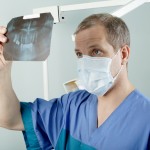
This review of success and survival rates and complications of autotransplantation of teeth with incomplete root formation included 32 observational studies only 5 of which were considered to be of high quality. Good success rates were noted but findings should be interpreted cautiously
[read the full story...]
This review of effectiveness of corticosteroids in the post-operative control of pain, swelling and trismus after third molar surgery included 17 RCTs suggesting that corticosteroid use had beneficial effects on pain swelling and trismus.
[read the full story...]
This Cochrane review update of the effects and long-term results of maxillary distraction osteogenesis compared to orthognathic surgery for the treatment of hypoplastic maxilla in people with cleft lip and palate only includes 1 small RCT. The trial suggests that distraction osteogenesis may produce more satisfactory results however the trial is considered to be at very high risk of bias so the findings should be viewed cautiously.
[read the full story...]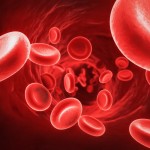
This Cochrane review of antifibrinolytic agents for preventing bleeding in people on oral anticoagulants undergoing dental extractions or minor oral surgery included 4 RCTs. Topical tranexamic acid was effective in reducing post-operative bleeding following dental procedures.
[read the full story...]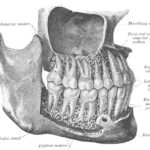
Only one small study comparing compared pedicled buccal fat pad and buccal flap for the management of oro-antral communications and fistulae was found for this Cochrane review update of this clinical question.
[read the full story...]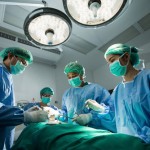
This review of perioperative systemic corticosteroids on clinically important outcomes in patients undergoing orthognathic surgery identified 8 small RCTs. A reduction in facial oedema was seen in those receiving systemic corticosteroids. However the quality of the studies is limited and there is lack of evidence on other outcomes or adverse effects.
[read the full story...]
This review of the post oral surgery bleeding risk for patients on direct oral anticoagulants (DOACs) included 13 observational studies. The findings suggest a three-fold increase in bleeding for those patients on DOACs although the quality of the available evidence is limited.
[read the full story...]
This review of the effect of bicycle helmet use on facial injuries included 9 observational studies involving 23,461 patients. Those wearing helmets were less likely to sustain a facial injury (OR = 0.69, 95%CI; 0.63– 0.75)
[read the full story...]